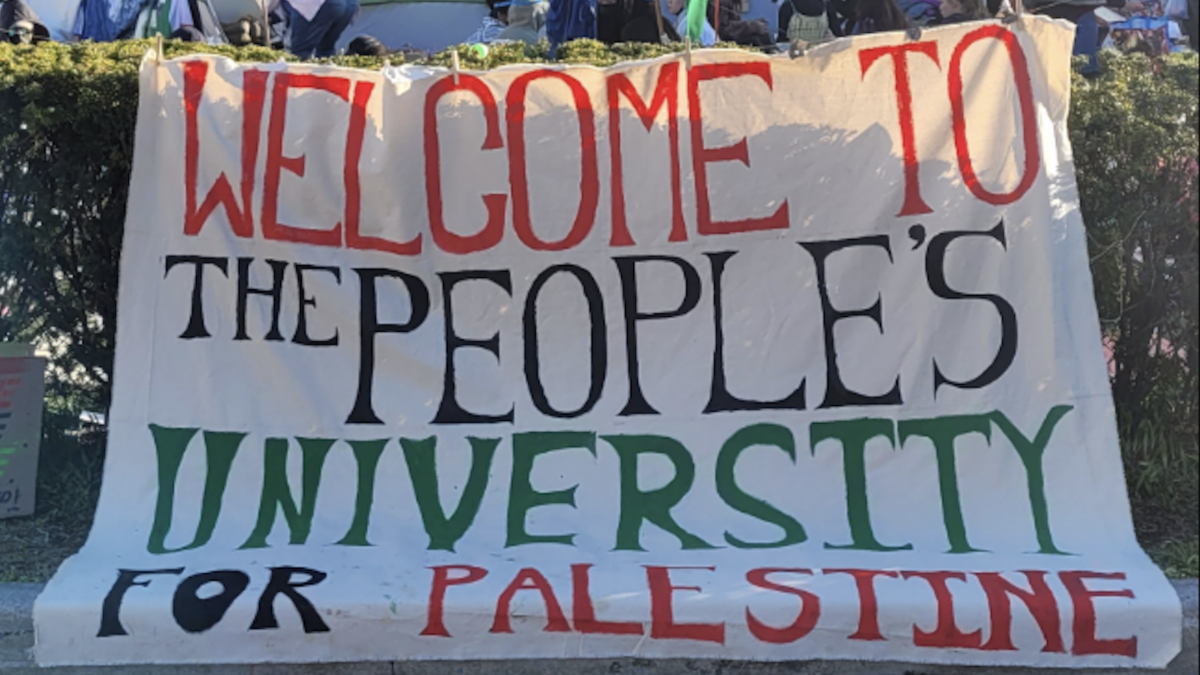It’s no secret the Biden administration has “reimagined” the U.S. military into a left-wing social experiment. From employing enlisted drag queens to boost recruitment to using taxpayer funds to host LGBT “pride” events on military installations, America’s supreme fighting force has prioritized promoting diversity, equity, and inclusion (DEI) racism over addressing the biggest challenges hampering U.S. military readiness.
A recently released book unveils how this leftist ideology is also infecting the military’s service academies. In Saving Our Service Academies: My Battle with, and for, the US Naval Academy to Make Thinking Officers, author and professor Bruce Fleming documents the pervasiveness of DEI throughout the U.S. Naval Academy (USNA) and shows how the institution’s cookie-cutter bureaucracy is crippling individuality among the school’s midshipmen.
During his over 30-year teaching career at the institution, Fleming served (for a time) on the USNA Admissions Board, which evaluates applicants and decides which are ultimately admitted into the school. While on the board, he allegedly discovered that — like many civilian colleges — the academy considers applicants’ race throughout the admissions process and accepts nonwhite applicants who don’t meet the school’s academic requirements. Fleming claims that “[a]pplicants who self-identified as a member of a race the Academy wished to privilege … were briefed separately to the committee not by a white member but by a minority Navy lieutenant.”
“The choices are simple. If you want students who look a certain way but tend to score lower than others, you accept the lower scores and stop talking about your standards. Or you go with the class that can meet these standards and stop talking about the way they look,” Fleming writes. “The Naval Academy tries to square the circle by both bragging about its standards and letting in half the class to lower standards.”
Last year, the U.S. Supreme Court ruled in a 6-3 decision that the use of race-based admissions, or “affirmative action,” by institutions of higher education is unconstitutional. That decision did not, however, address the use of such policies by U.S. military academies. Students for Fair Admissions — the plaintiff in the aforementioned SCOTUS decision — filed lawsuits against West Point and the Naval Academy over their race-based admissions policies in September and October, respectively.
Throughout his book, Fleming further notes that the USNA’s obsession with race is creating “resentment within the ranks,” and that students who speak out against the school’s DEI-focused promotion system are punished.
“What I saw at Annapolis was that nonracist white midshipmen became resentful at realizing that leadership positions were awarded to less competent midshipmen on the basis of skin color, and that they themselves, if they noted this out loud, were punished for not being with the program — which increased their resentment,” Fleming writes. “All promotions or preferences are individual ones, and ‘broadly reflective diversity’ is bought at the individual level by preferring a less competent individual with the desired skin color. If they are equally competent or more competent, the problem disappears.”
“The military shows all the problems of any top-down totalitarian state, and its members can be court-martialed for resisting,” he adds.
Throughout his career at the academy, Fleming regularly questioned the decision-making from the school’s leadership and penned several op-eds criticizing what he viewed to be its shortcomings. In 2017, for example, he wrote an article in The Federalist detailing how “upper-class students at service academies have lost faith in the system, because it’s based on lies.” Fleming said that “students realize they are cast members in a military Disneyland run for the benefit of the brass and the tourists, not the taxpayers who pay their way and want better-than-average officers.”
Fleming’s public criticisms generated ire from the academy’s bureaucratic leadership. In 2018, the school fired him over allegations of classroom impropriety filed by five students. Fleming profusely denied the accusations and appealed the decision to the U.S. Merit Systems Protection Board, which ordered his reinstatement to the academy in July 2019.
According to the Navy Times, Judge Mark Syska said in his ruling that the midshipman who “filed the longest complaint” had “credibility issues” and that his complaint was “greatly exaggerated — to the point of being hard to credit on certain points.” Syska additionally highlighted that the students who filed the complaints “did not generally take offense or have any actual issue with the appellant.”
“Moreover, much of the charged conduct, as noted by the investigating panel, did not appear to be actual misconduct in the context of free-wheeling classroom discussions,” Syska wrote.
While ultimately reinstated by the academy, Fleming has not been permitted to return to the classroom. The school has placed him on a “forced sabbatical,” according to the “Eyes on Annapolis” podcast, which interviewed Fleming in February.
In concluding his book, Fleming calls on military institutions such as the USNA and West Point to “[d]ial back the hype” and “stop lying about what [they] are.” Specifically, he demands these academies quit pushing mistruths about their selectivity and “quality of the students” to uphold the facade that they’re legacy institutions worthy of praise and adoration.
Our service academies are “beautiful places and, under these circumstances, duty, honor, and country could once again be primary. Sadly, in places like Annapolis as they currently exist, they no longer are,” Fleming writes. “I want them back.”









